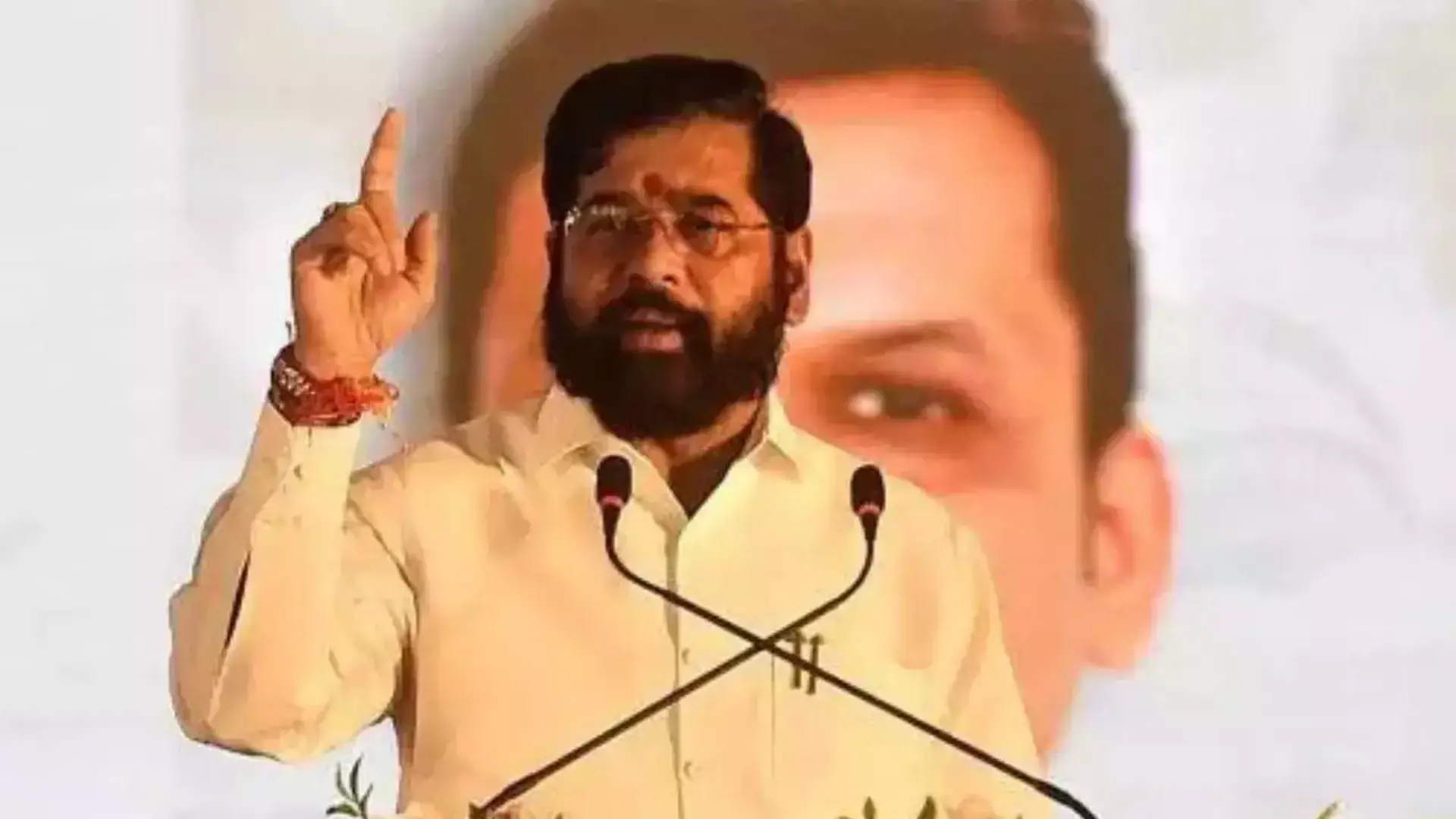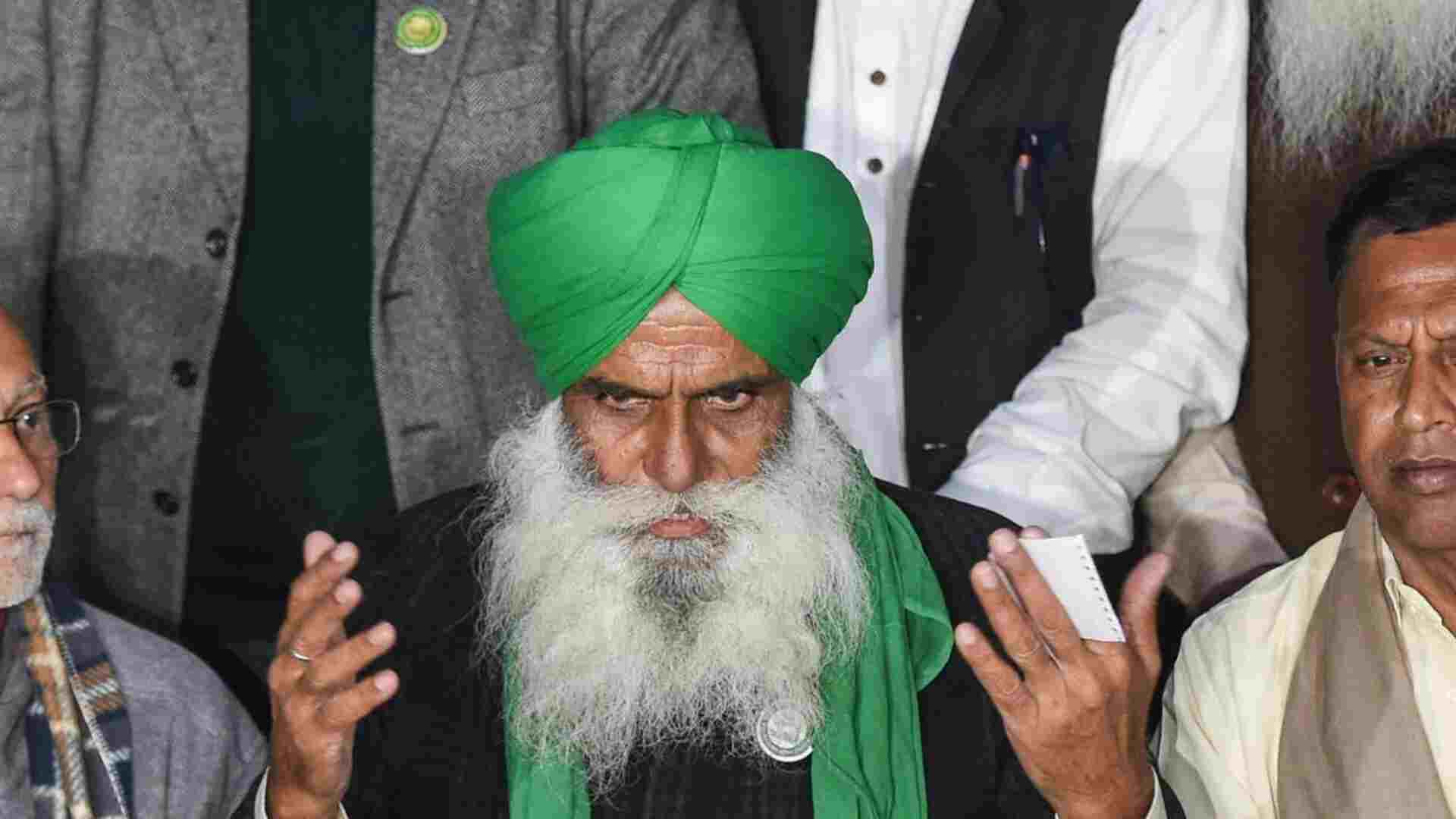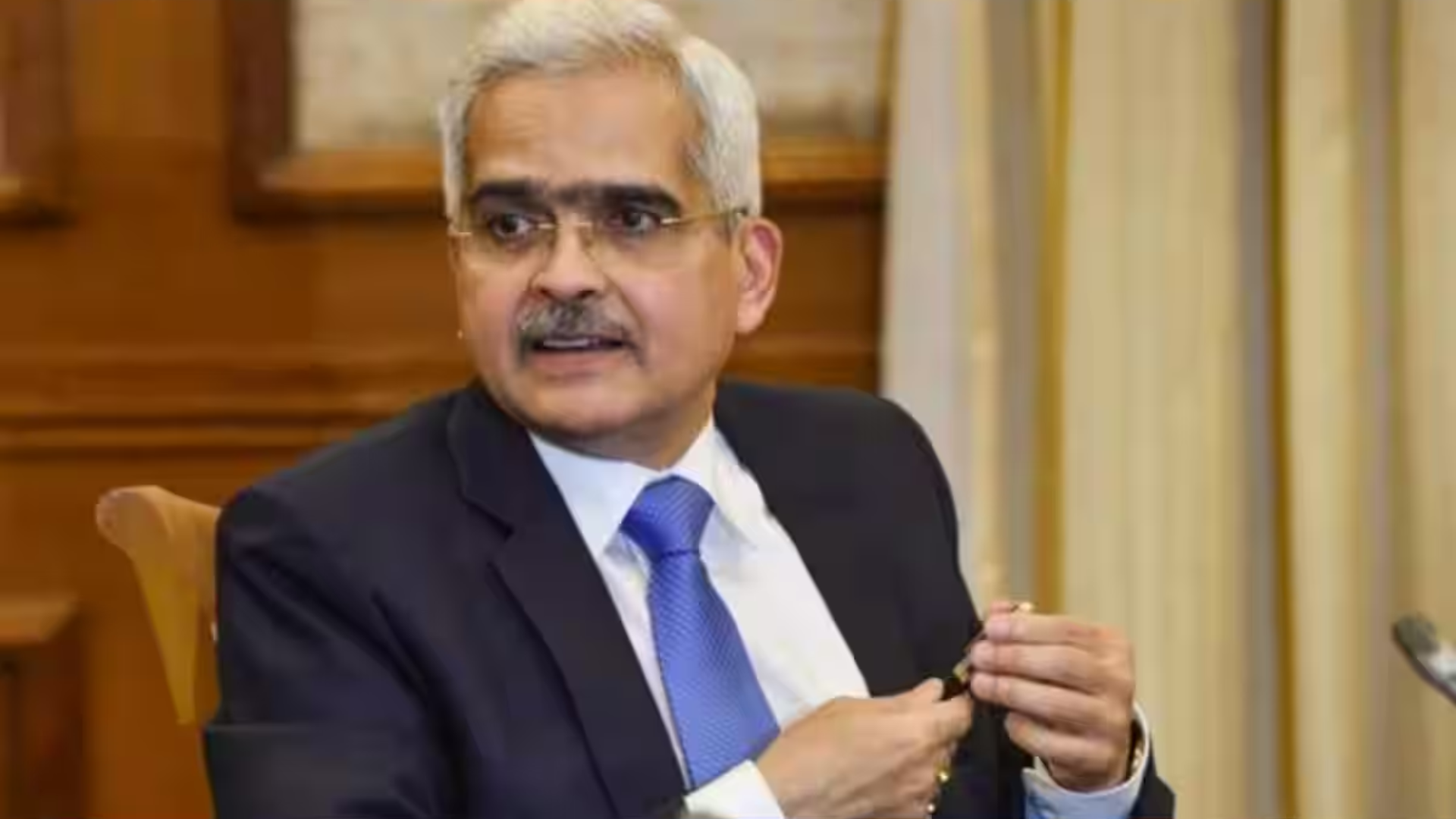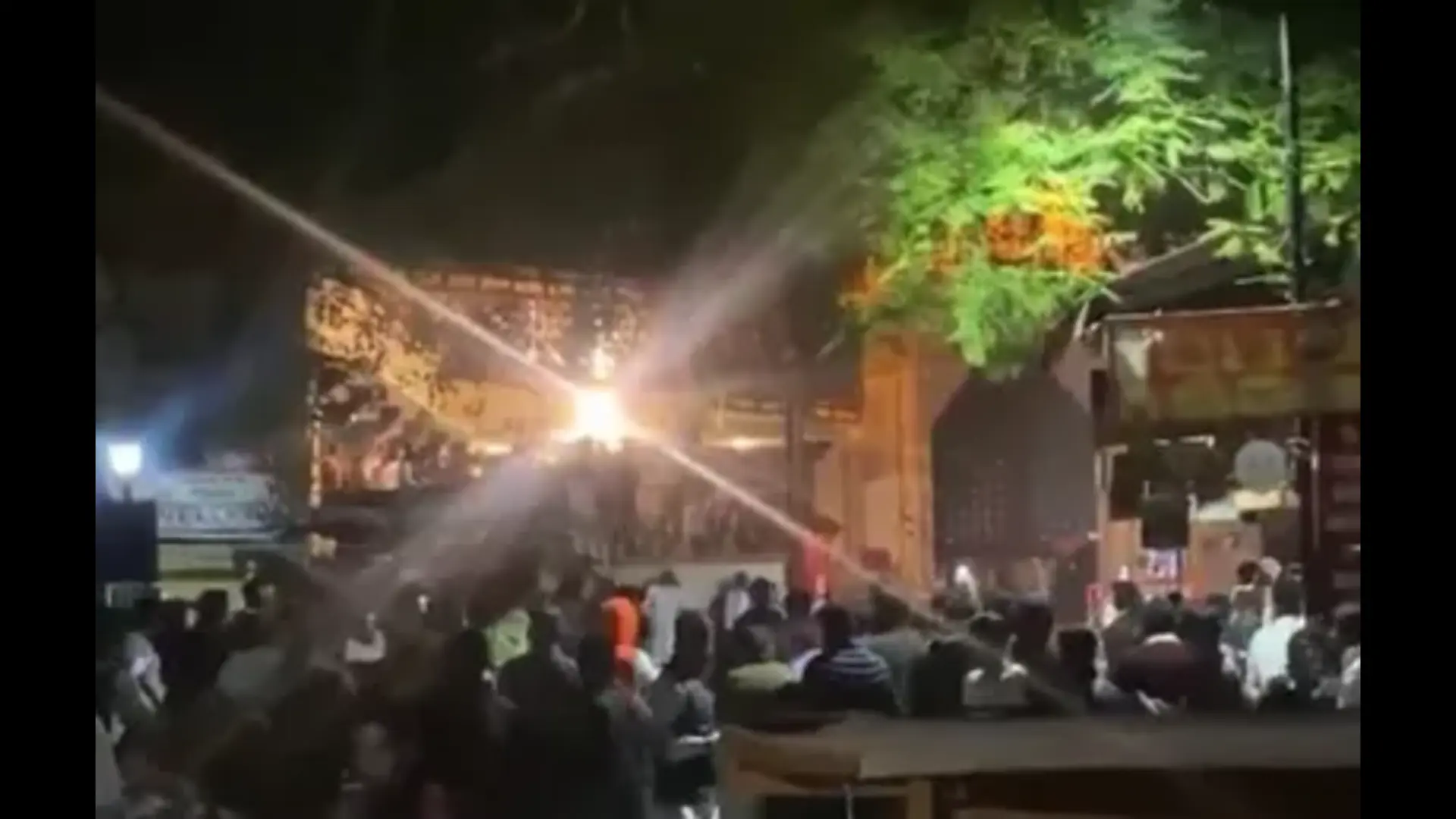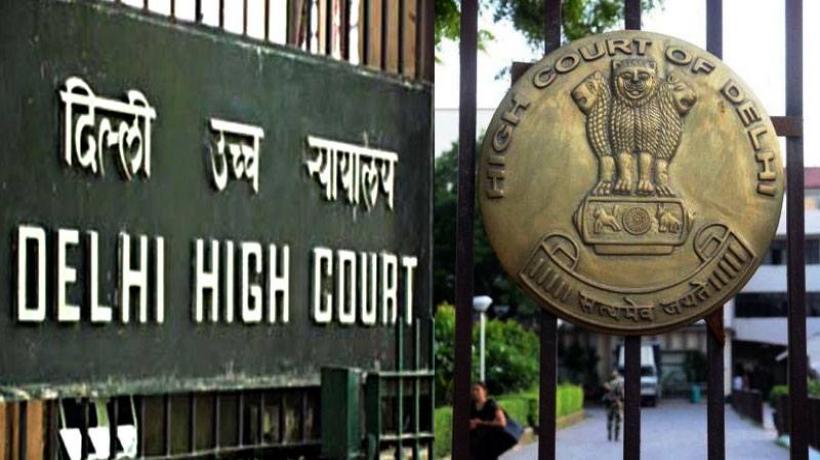
The Delhi High Court on Friday refused to entertain a plea by a lawyer seeking expedited and time-bound implementation of the women’s reservation law, ensuring a 33 percent quota for women in the upcoming Lok Sabha elections.
A bench of Justice Subramonium Prasad, noting the petitioner’s lack of “personal interest” in the matter, advised her to file a Public Interest Litigation (PIL) instead. “Why is your personal interest in it? The prayer is purely in the public interest,” remarked the judge.
The petitioner’s counsel argued that she represented the “entire womanhood.”
Allowing the petitioner to withdraw the plea, Justice Prasad granted the liberty to file a PIL in accordance with applicable rules. The government lawyer stated that the implementation of the law was already under consideration by the Supreme Court.
Officially known as the Nari Shakti Vandan Adhiniyam, the bill aimed to reserve one-third of the seats in the Lok Sabha and all state assemblies for women. After receiving presidential assent on September 29, the bill became law.However, the law will not be immediately enforced. Its activation will occur after a new census is conducted, based on which delimitation will reserve seats for women.
In her petition to the high court, Yogamaya MG emphasized that the effective implementation of the law is crucial for enhancing women’s representation and participation in Indian politics. She argued that a delay in its application would compromise democratic principles.
“Despite the unanimous passage of the Women’s Reservation Bill, 2023, there has been a significant delay in its implementation. The lack of tangible progress or a clear roadmap for implementation raises concerns about the sincerity of the authorities in giving effect to this vital legislative measure,” stated the petition.
